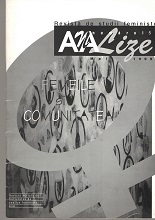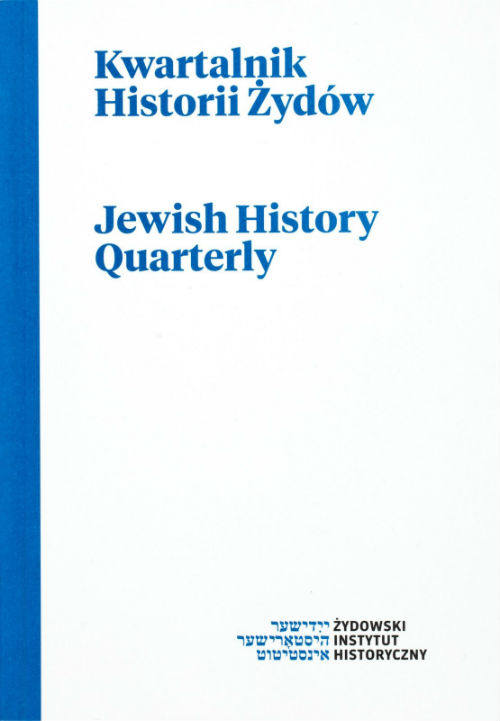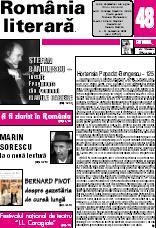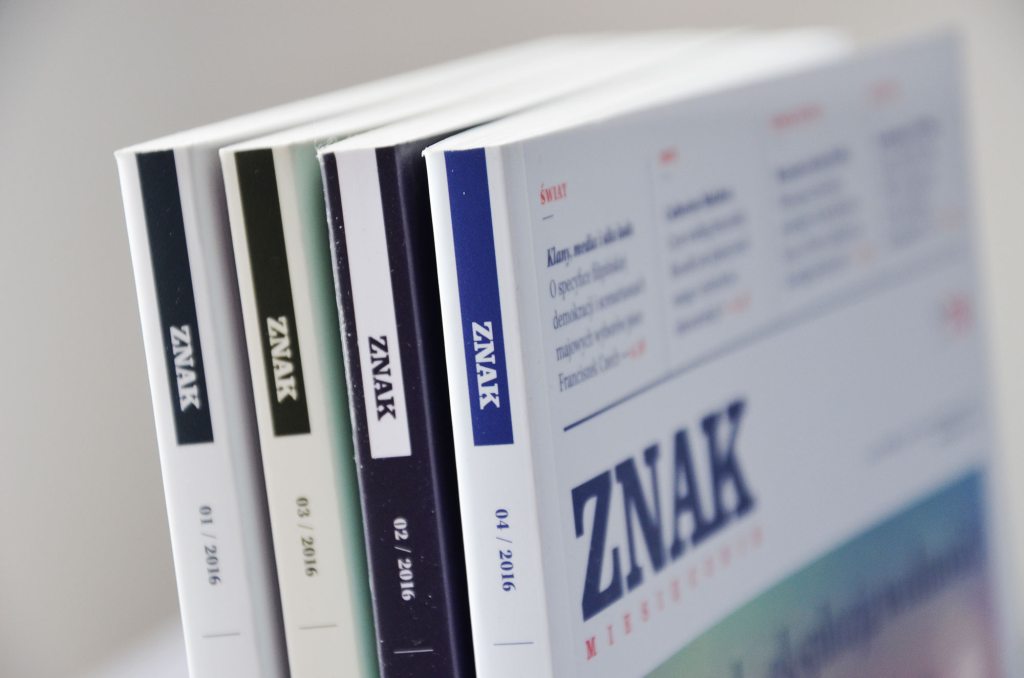Arbeitslager in Poniatowa 1941-1943
Author(s): Artur Podgórski / Language(s): German
/ Issue: 04/2010
Keywords: Poniatowa; labour camp; extermination of Jews
In 1942, on the initiative of Odilo Globocnik, police and SS chief in Lublin district, it was decided to locate a German labour camp at the Tele- and Radiotechnical Works in Poniatowa. In the early stage, Jews from the ghettos in Opole Lubelskie and Bełżyce were taken to the camp. Some inmates were Slovak or Austrian citizens, deported to Lublin district in 1941.
In January 1943, Walther Többens agreed to move his textile shops from Warsaw ghetto to Poniatowa and he was named commissioner in charge of the deportation of the Warsaw ghetto and transfer of arms plants to Lublin district. Between eight and ten thousand Jews (families with children) were transported from Warsaw to Poniatowa, among them a group of distinguished Warsaw actors, musicians, doctors, political leaders and Judenrat members.
The camp lacked a uniform organizational structure. There were differences in living conditions between the so-called housing project, where privileged inmates lived, and the rest of the camp. There were attempts to organize cultural activities in the camp, a kindergarten was set up and football games were played.
In the summer of 1943, the inmates were divided into two categories following a conflict between the camp’s new commander and the owner of the plant. The inmates numbered up to 10000 worked in Többens’s factory. The remaining ones worked in establishments ran by SS.
On 4 November 1943, the Jewish inmates of the Poniatowa camp were killed in an execution codenamed “Erntefest” (“Harvest Home Festival”). The death toll was some 14,800 adults and 800 children, with only ten-odd inmates surviving the execution.
More...




